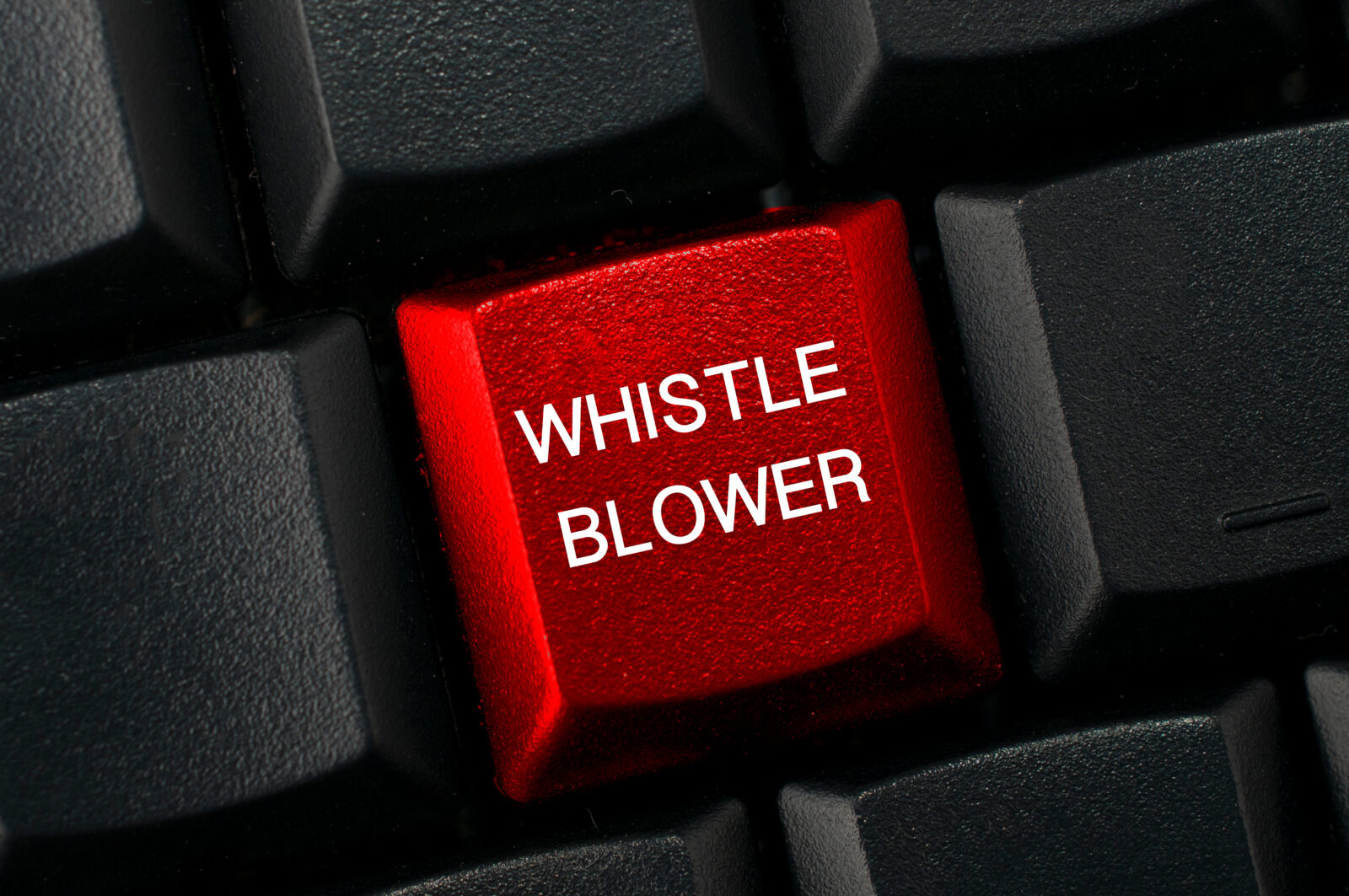Congress created the whistleblower program administered by the U.S. Securities and Exchange Commission (SEC) with the enactment of the Dodd-Frank Wall Street Reform and Consumer Protection Act of 2010. The government passed the Dodd-Frank Act, in the wake of the Great Recession, to increase protections for investors and oversight of the financial industry.
In 2011, the SEC adopted final rules for the Whistleblower Program and put the Program into effect shortly thereafter. Like the False Claims Act (FCA), the SEC Whistleblower Program provides financial rewards and protections against retaliation for individuals reporting violations of the federal securities laws. Unlike the FCA, however, securities fraud whistleblowers do not file qui tam lawsuits in federal court—they submit their information by way of a Form TCR (Tip, Complaint, or Referral) filed with the SEC. And they may do so anonymously.
Given its efforts to preserve whistleblower confidentiality, the SEC does not reveal the details of what enforcement actions lead to what whistleblower awards. But, given the diverse array of regulatory violations the SEC polices, it is safe to say that the scope of misconduct that may give rise to a whistleblower tip (and award) is equally wide-ranging. Examples of such misconduct include:
- Fraud in connection with securities and initial public offerings (IPOs)
- False or fraudulent disclosures made by publicly traded companies, including disclosures relating to environmental, social, and governance (ESG) and climate-related issues
- Insider trading
- Misconduct relating to municipal securities or public pension plans
- Market manipulation
- Investment advisor or broker-dealer fraud
- Fraud relating to special purpose acquisition companies (SPACs)
- Cryptocurrency fraud, including fraudulent initial coin offerings (ICOs)
- Ponzi and pyramid schemes
These types of frauds, and the many others falling within the SEC’s broad regulatory mandate, have the propensity for great consumer and even systemic harm. As we saw in 2008, deeply entrenched financial fraud can affect both individuals unknowingly invested in these schemes and the economy writ large. With total awards now over $1 billion—in only the Program’s first decade of existence—we can already see the impact that whistleblowers are having in rooting out these issues. This momentum will only continue to pick up steam.
If you are considering reporting information to the SEC, please fill out our online form or contact us by phone at (267) 551-5240 or via e-mail at zarbitman@feldmanshepherd.com for a free, confidential consultation.
